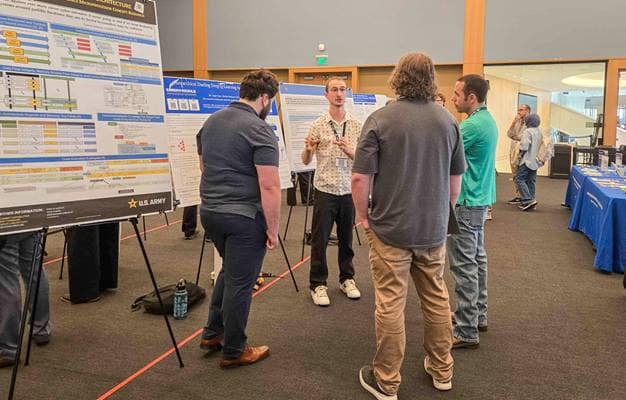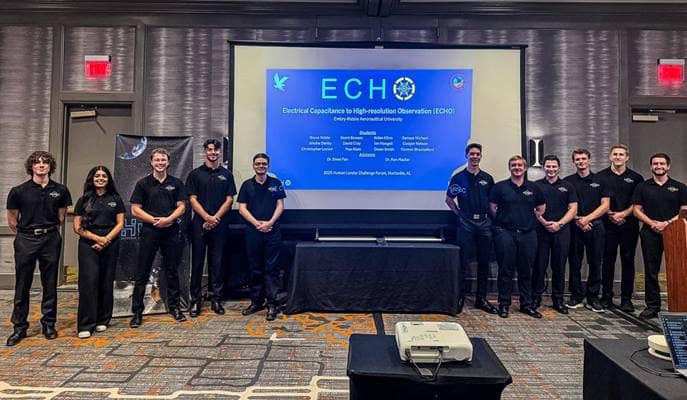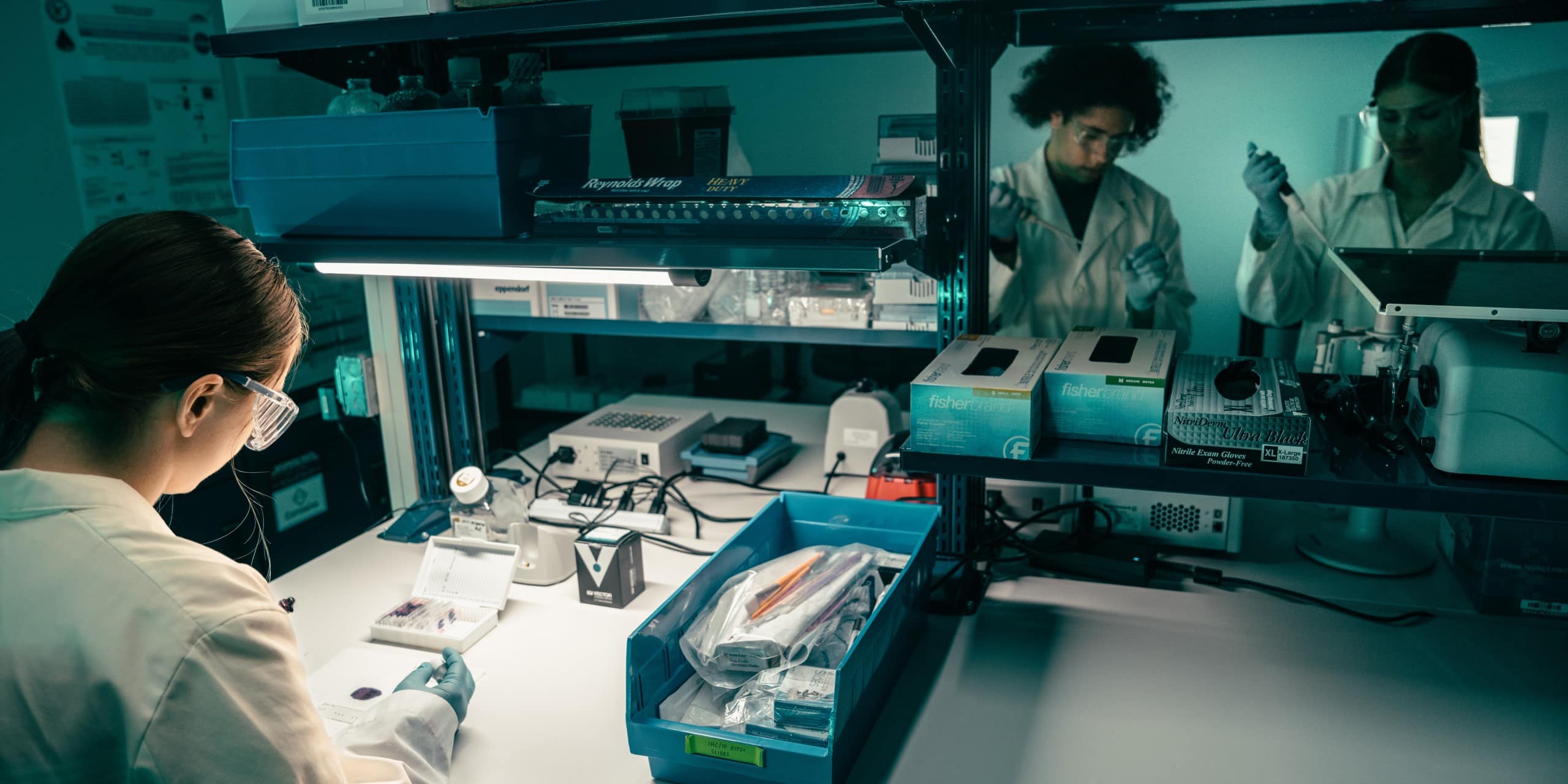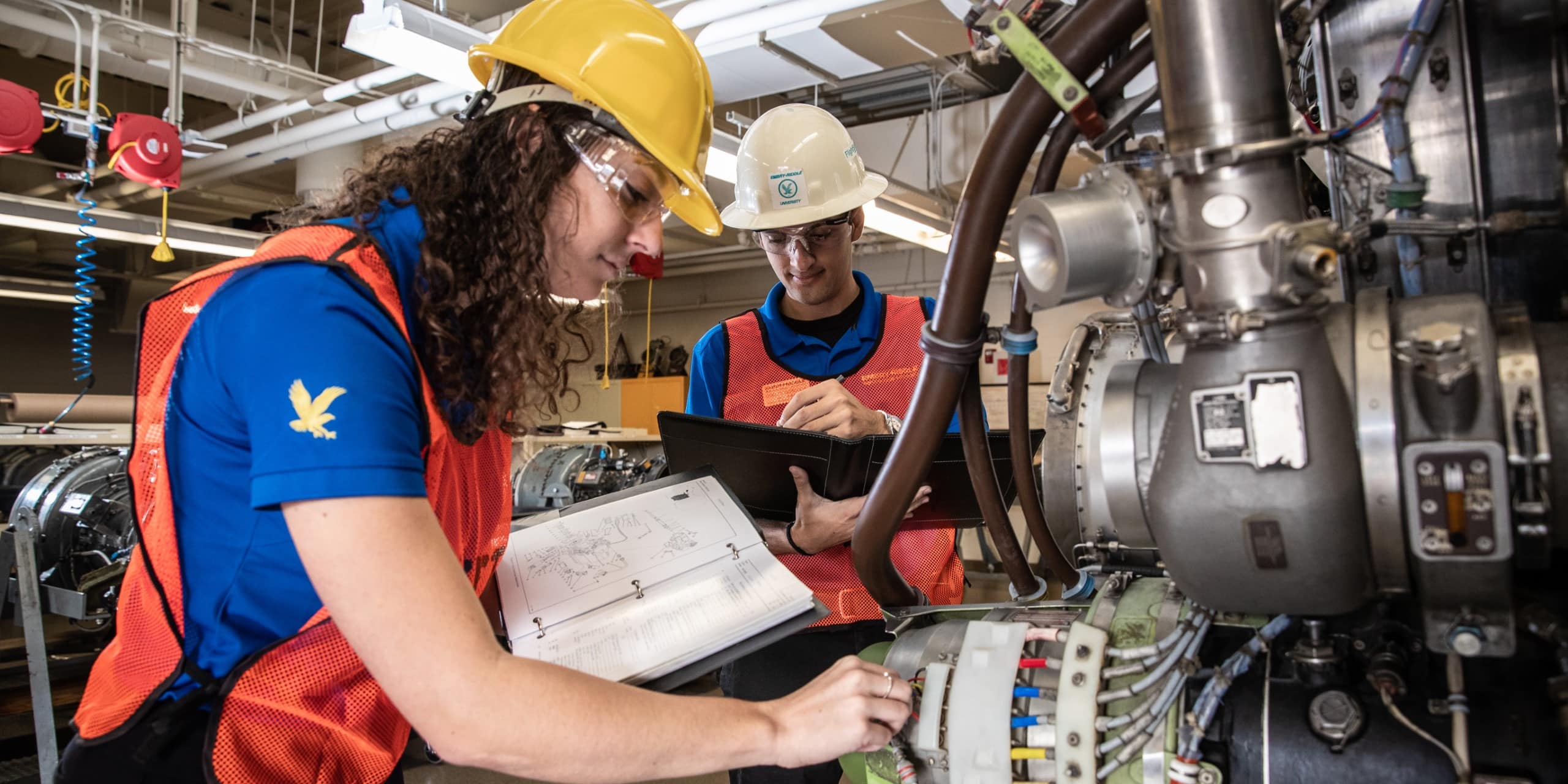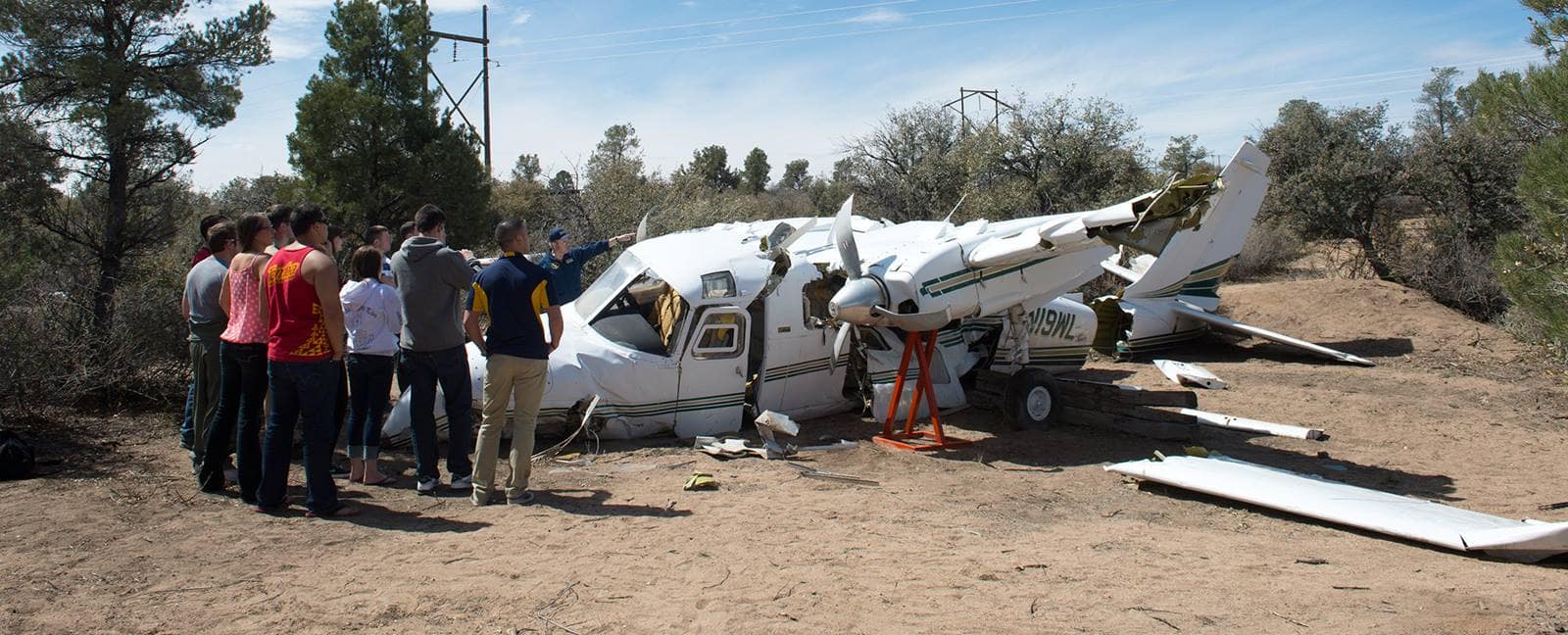
Master of Science in
Safety Science
This degree qualifies students for specialized positions in this rapidly growing, highly paid and exciting field, and provides job placement assistance upon graduation.
Today more than ever, addressing workplace risk and safety concerns is critical in nearly every industry. The growing emphasis on safety is creating global career opportunities for professionals with the proper training and practical experience.
The Master of Science in Safety Science (MSSS) degree program is designed to provide students with a practical course of study in aviation and occupational safety, producing professionals who are skilled in safety management and technical expertise in a variety of industries.
Graduates will be able to provide leadership, training and guidance in safety program implementation and compliance issues involving EPA, OSHA, FAA, NTSB, and state health and workplace standards.
This degree allows students to explore both the theoretical and pragmatic discipline that safety has become. Particularly in light of extensive interest by the private sector and by government entities, this program offers safety professionals the advanced education and credentials necessary to succeed in the practice of safety and is the only one of its kind to offer both Aviation Safety and Occupational Health and Safety in one program.
The Bureau of Labor Statistics predicts that safety science careers will grow by 7% through 2030, with especially strong prospects for those with broad knowledge that encompasses more than one specialty.
At the Prescott Campus, students in the Safety Science program learn with faculty experts in the Robertson Aircraft Accident Investigation Lab, the most comprehensive facility of its kind in North America, offering re-creations of real aircraft accidents using customizable scenarios.
In addition, the Aviation Safety and Security Archives gives students the opportunity to explore noteworthy historical documents that have shaped the aviation industry, while the Ergonomics and Motion Measurement Laboratory enables students to learn how physiology and movement influence workplace safety and contains equipment that enhances occupational safety education.
Students will have opportunities for full immersion in the program through diverse internships and a variety of clubs and professional organizations, such as the American Society of Safety Professionals, International Society of Safety Professionals and International Society of Air Safety Investigators.
DETAILS
About Safety Science at the Prescott, AZ Campus
The Master of Science in Safety Science degree program qualifies students for specialized positions in this rapidly growing, high-paying and exciting field, and job placement assistance is provided upon graduation. Students can select a concentration in either aviation safety or occupational safety.
Housed in the College of Aviation, the Master of Science in Safety Science degree is recognized by the Institute of Hazardous Materials Management (IHMM). Graduating students can apply for the Associate Safety and Health Manager (ASHM) credential without an exam requirement. The ASHM designation is an important step to gain Certified Safety and Health Manager (CSHM) certification, which can often lead to executive career opportunities.
The Master of Science in Safety Science – Occupational Safety track is recognized as a Qualified Academic Program (QAP) by the Board of Certified Safety Professionals (BCSP), meeting the qualified credential requirement for the Certified Safety Professional (CSP) certification.
This 33-credit degree program produces safety professionals who are skilled in providing safety management and technical expertise in a variety of industries. Graduates will be able to provide leadership, training and guidance in safety program implementation and compliance issues involving the EPA, OSHA, FAA, NTSB and state health and workplace standards.
Student Learning Outcomes
Students will:
- Apply knowledge of mathematics, science, and applied sciences.
- Analyze and interpret data provided from various sources.
- Make positive contributions and function on multi-disciplinary teams.
- Assess professional and ethical responsibility as it applies to industry.
- Effectively communicate using technical writing and verbal communication skills.
- Engage in lifelong learning.
- Demonstrate actions and attitudes that reflect knowledge of contemporary issues affecting industry.
- Use techniques, skills, and modern technology necessary for professional practice.
- Assess the national and international environment as it relates to safety science.
- Apply pertinent knowledge to identify and solve problems.
- Apply knowledge of accepted business practices to health and safety issues.
- Apply knowledge of advanced qualitative and quantitative problem-solving skills.
Safety Science - Occupational Safety Track
Occupational Safety Core (15 credits)
| MSF 580 | Ind Hygiene & Envrnmntl Prtctn | 3 |
| MSF 601 | Ergonomics | 3 |
| MSF 602 | Human Factors | 3 |
| MSF 603 | Occupational Safety | 3 |
| MSF 616 | Safety Training & Leadership | 3 |
Safety Science Research Core (9-12 credits)
| MSF 600 | Quantitative Methods | 3 |
| MSF 612 | Research Methods | 3 |
| Select one of the following: | ||
Option 1 | ||
| MSF 691 | Graduate Capstone Course | 3 |
Option 2 | ||
| MSF 700 | Thesis | 3 |
| MSF 700 | Thesis | 3 |
Occupational Safety Electives (6-9 credits)*
| Choose a total of 6-9 credits from the list of courses below: | ||
| MSF 530 | Arcrft Accident Investigation | 3 |
| MSF 550 | Case Studies in Safety | 3 |
| MSF 606 | Cntrl Mthds Occptnl Sfty Hlth | 3 |
| MSF 607 | Epidemiology | 3 |
| MSF 609 | System Safety | 3 |
| MSF 614 | Safety Ethics | 3 |
| MSF 630 | Aircraft Accident Analysis | 3 |
| MSF 635 | Adv Aircraft Survivability | 3 |
| MSF 675 | Aviation Maintenance Safety | 3 |
| MSF 686 | Emergency Preparedness | 3 |
| MSF 696 | Internship in Safety Science | 1-3 |
| MSF 699 | Spec Topics in Safety Science | 1-3 |
| Total Credits | 33 | |
- *
Students in the Occupational Safety Track may complete any non-duplicating course from the Aviation Safety Core as an elective credit.
Safety Science - Aviation Safety Track
Aviation Safety Core (12 credits)
| MSF 603 | Occupational Safety | 3 |
| MSF 613 | Aviation Safety Management Systems | 3 |
| MSF 616 | Safety Training & Leadership | 3 |
| MSF 617 | Aviation Human Factors | 3 |
Safety Science Research Core (9-12 credits)
| MSF 600 | Quantitative Methods | 3 |
| MSF 612 | Research Methods | 3 |
| Select one of the following: | ||
Option 1 | ||
| MSF 691 | Graduate Capstone Course | 3 |
Option 2 | ||
| MSF 700 | Thesis | 3 |
| MSF 700 | Thesis | 3 |
Aviation Safety Electives (9-12 credits)**
| MSF 530 | Arcrft Accident Investigation | 3 |
| MSF 550 | Case Studies in Safety | 3 |
| MSF 606 | Cntrl Mthds Occptnl Sfty Hlth | 3 |
| MSF 607 | Epidemiology | 3 |
| MSF 609 | System Safety | 3 |
| MSF 614 | Safety Ethics | 3 |
| MSF 630 | Aircraft Accident Analysis | 3 |
| MSF 635 | Adv Aircraft Survivability | 3 |
| MSF 675 | Aviation Maintenance Safety | 3 |
| MSF 686 | Emergency Preparedness | 3 |
| MSF 696 | Internship in Safety Science | 1-3 |
| MSF 699 | Spec Topics in Safety Science | 1-3 |
| Total Credits | 33 | |
- **
Students in the Aviation Safety Track may complete any non-duplicating course from the Occupational Safety Core as an elective credit.
Get Started Now:
Summary
36 Credits
Estimate your tuition by using the Tuition Calculator
View Financial Aid Information
Learn about our General Education
Find out about transferring credits to this degree
Learn more about our Veterans & Military benefits
View our Academic Calendar

